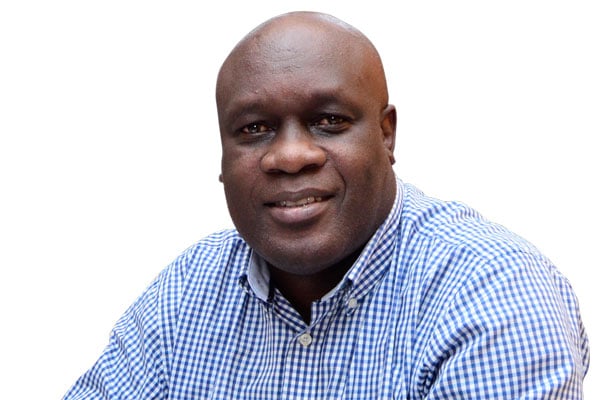Prime
When Opondo, Kulayigye stepped in media breakfast

Odoobo C. Bichachi
What you need to know:
...for journalists to hold government and its institutions to account, they need to be above board on professional ethics and values, as well as be well-informed.
On Tuesday, Uganda Bureau of Standards (UBOS) hosted a media breakfast that got journalists and the public talking – at least on social media. I did not attend the breakfast. I however had the opportunity to playback the proceedings on YouTube as shared by UBC.
The key presenters at the breakfast were Mr Ofwono Opondo, executive director of the Uganda Media Centre and Brig. Felix Kulayigye, spokesperson of Uganda People’s Defence Force (UPDF). The choice of the two was curious but UBOS clearly wanted a certain message delivered.
So as expected, there would be a lot of talking down at the media. Ofwono Opondo was the more acerbic of the two and one of my takeaways quotes was:
“Uganda media today rotates on rumours. It has become fashionable that an individual posts on social media and New Vision, NTV, NBS Tv and Daily Monitor will jump on what an individual has posted without cross-checking the facts and then they start retracting later. They have no humility, quite often, to apologise; ‘that we were wrong”. You cannot be a credible media if quite often you are found at fault.”
To add salt to pepper, he went on to say: “Today we are in an unfortunate situation where the media does not have all the facts. When an MP or any other individual reads the media, they go back to the floor of Parliament and regurgitate the falsehood. Then you the parliamentary journalists who are covering the MP now quote a falsehood which an MP is quoting from another newspaper then you go and spread it in your newscasts. That is the reason today in Uganda, media people generally are not taken seriously.”
One can argue whether Mr Opondo is the right person or not to say these things since his trade is to spin for government. However it is difficult to disagree with what he stated looking at how some stories have generally been covered in the media generally and how much the credibility of our journalism has been called into question in these times.
Brig Kulayigye on the other hand spoke largely about ethics (or lack of it), fact based journalism and credibility. He said: “I am told there is a media house these days where facts are not entertained. You are popular in that media house when you come with a rumour!”
He also spoke about the importance of partnership between government and its agencies saying, “It is important for any government entity to find ways to partner with media and harness their wider reach to the public…and government needs to tolerate and appreciate the role of an independent media in the reform process as an essential supplier of feedback as well as communication channel.”
Clearly, the two gentlemen raised very pertinent issues worthy of reflection by journalists and in this case government. Are these true or is this merely a perception?
I looked forward to the responses from the journalists but those that rose to speak sidestepped most of the issues. This allowed Mr Opondo and Brig Kulayigye an opportunity to throw second punches, namely that journalists are generally not informed about data/statistics, and do call government spokespersons purely as a ritual.
My takeaway from this breakfast is that for journalists to hold government and its institutions to account, they need to be above board on professional ethics and values, as well as be well-informed. Then the government spokespersons shall not have the audacity to put their feet in the journalists’ breakfast – paid for or not.
*****
Nina: Could you please share if you accept paid opinion pieces and what your guidelines are for submission? Thank you.
Public Editor: Thank you for your inquiry. Our editorial policy guidelines do not provide for paid opinion pieces. All Op-ed articles from readers or any other category of our audience on topical issues and conforming to our editorial policy are published free of charge. Conversely, we do not pay contributors of opinion articles except columnists who are paid a token. You may wish to submit your opinion article to [email protected] and once it passes out editorial sieve i.e. it is topical, balanced, not defamatory, etc, it shall be published at no cost.
Send your feedback/complaints to [email protected] or call/text on +256 776 500725.



